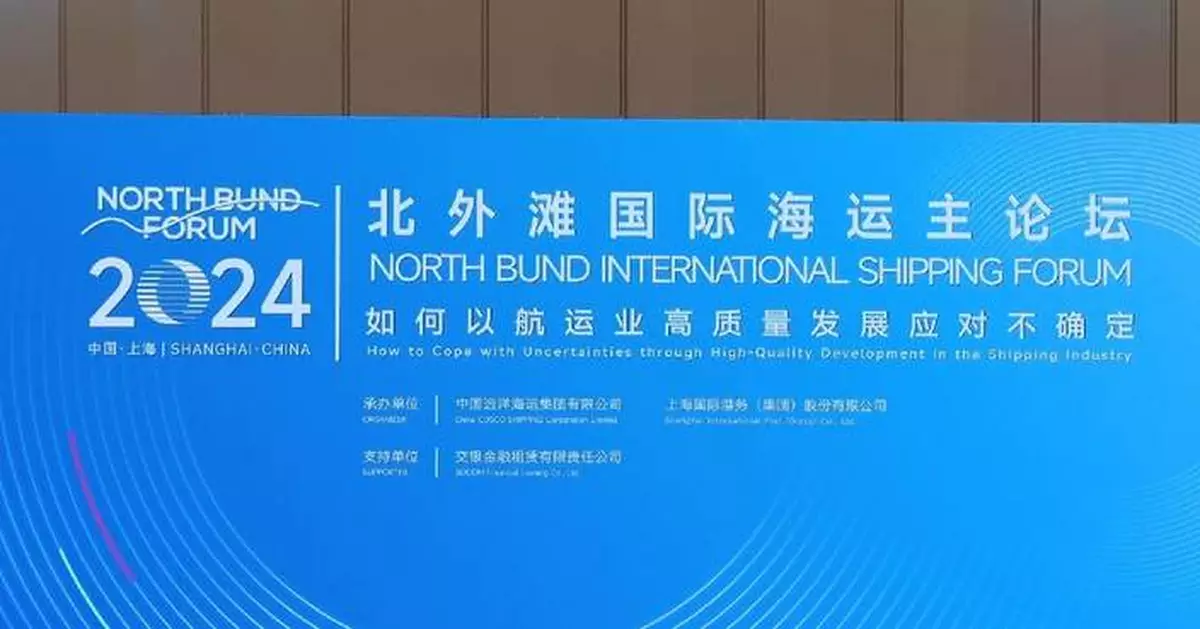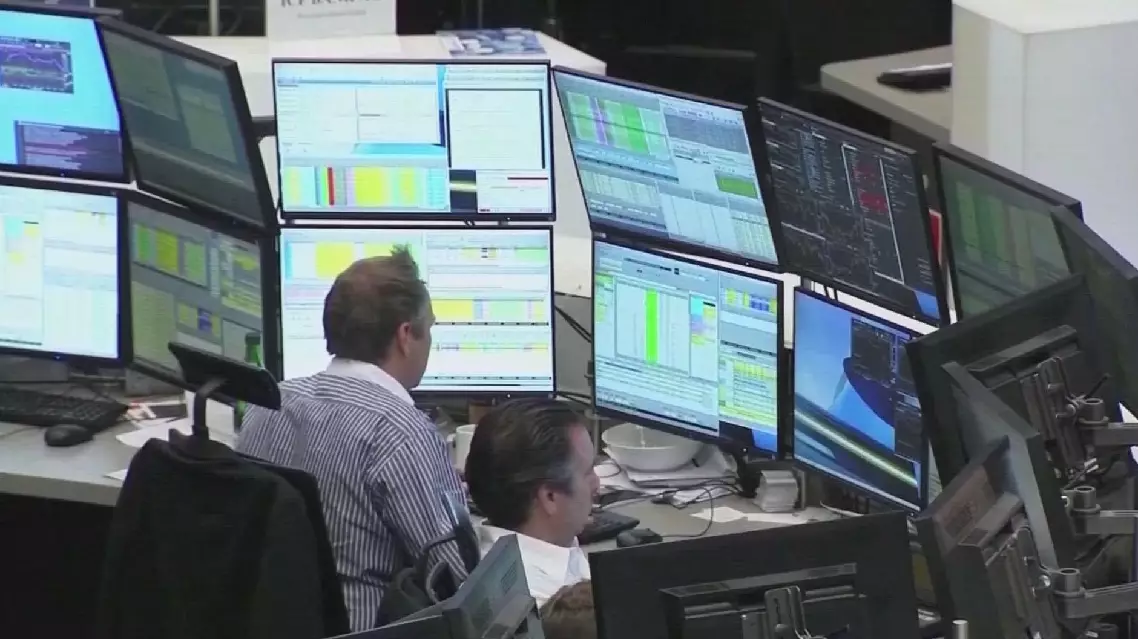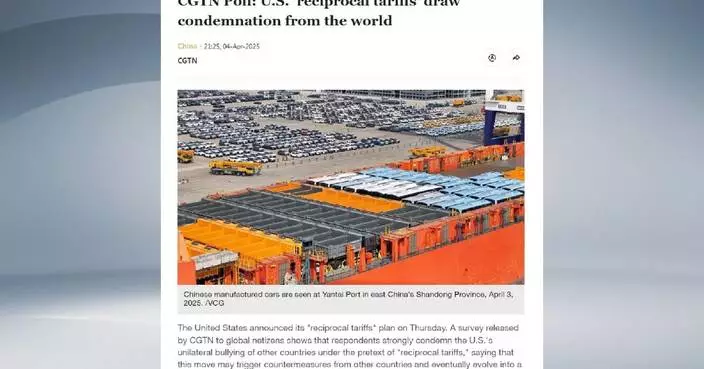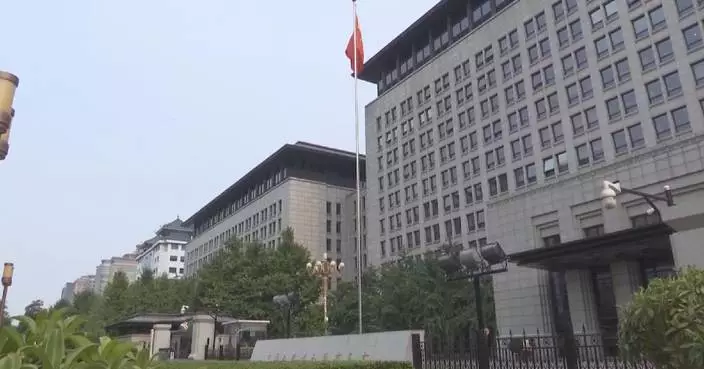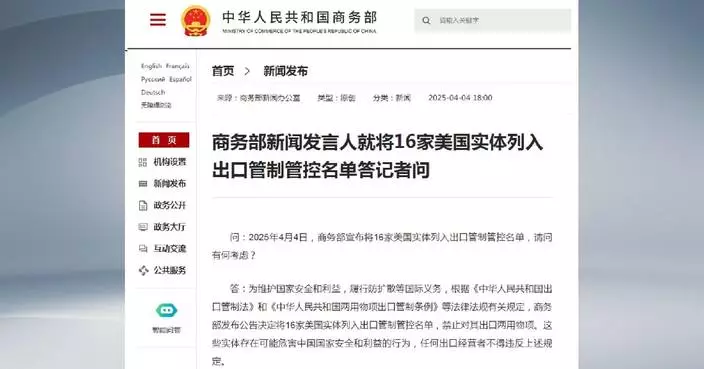Representatives from leading global maritime and aviation enterprises gathered at an annual event held in Shanghai, to discuss the green transformation and digitalization of the shipping and aviation sectors, as well as the way to address uncertainties for the industry's future development.
Opened in Shanghai on Tuesday, the three-day 2024 North Bond Forum sought to lay out the future plans for the shipping and aviation industries, centering on the theme of "Digital, Smart, and Green: Co-creating a New Ecosystem of Global Shipping and Aviation".
During the event, two parallel forums were held on international shipping and aviation, where participants discussed topics including how to cope with uncertainties through high-quality development in the shipping industry and the digital transformation of the civil aviation industry.
The Ministry of Transport said that China's shipping industry is stepping up its digital, intelligent and green transformation. So far, China has 49 completed automated terminals, with 44 others under construction. The application scale, operating efficiency and technical level of these terminals are among the best in the world.
The proportion of container trucks powered by new energy and clean energy in 11 international hub ports has exceeded 60 percent.
Participants said that the development of the shipping industry has entered a period where strategic opportunities, risks and challenges coexist, and uncertain and unpredictable factors increase.
"To cope with uncertainties, we in the shipping industry should not only analyze the trends and risks of the macro environment, but also take proactive actions to make changes. We have to give full play to the certainty of our own high-quality development, to cope with external uncertainties, ensure the stability of the global supply chain and become a certainty factor in global economy and trade," said Wan Min, chairman of the board of China COSCO Shipping Corporation Limited.
Similarly, the civil aviation industry is also at the intersection of digital transformation.
At the parallel forum for international aviation, the Shanghai Airport Authority released the results of "Shanghai airport brain -- multimodal decision-making intelligent agent". Based on a "smart brain", it can provide effective support for airport operation management and emergency response, such as aircraft path prediction, terminal passenger density identification and monitoring and unclaimed baggage identification, through data analysis and prediction, resource optimization scheduling and identification of potential risk. It can further improve safety, efficiency and passenger experience.
Meanwhile, a safety operation management manual for China's domestically produced C919 jetliner was released at the forum, which is the operation specifications, processes and standards for the C919.
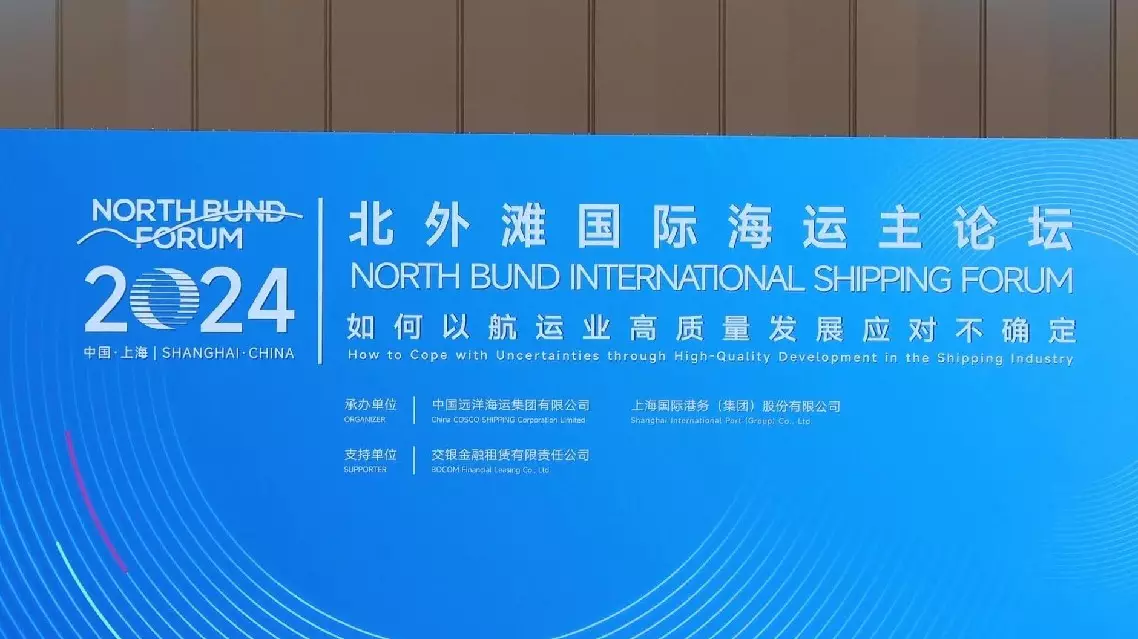
North Bund Forum in Shanghai highlights digitalization of int’l shipping, aviation industries


